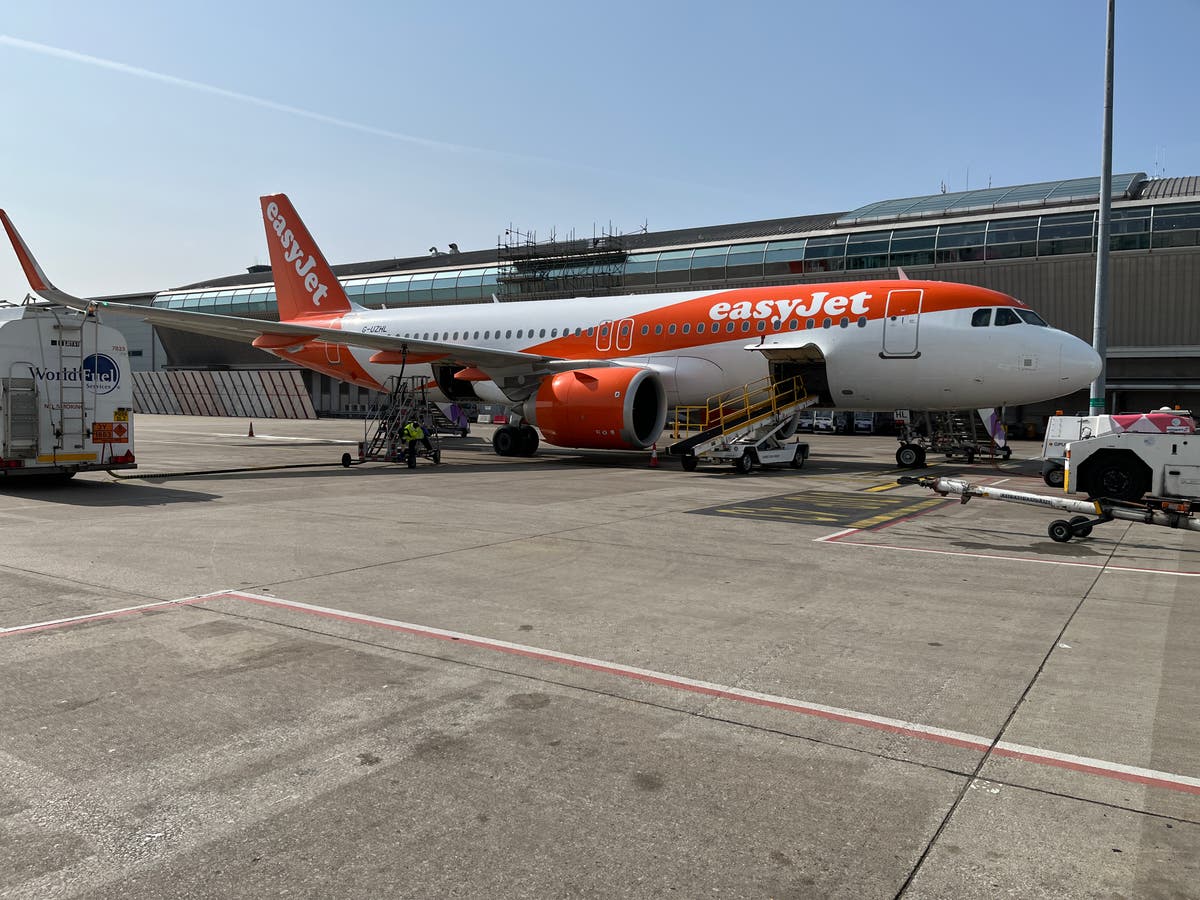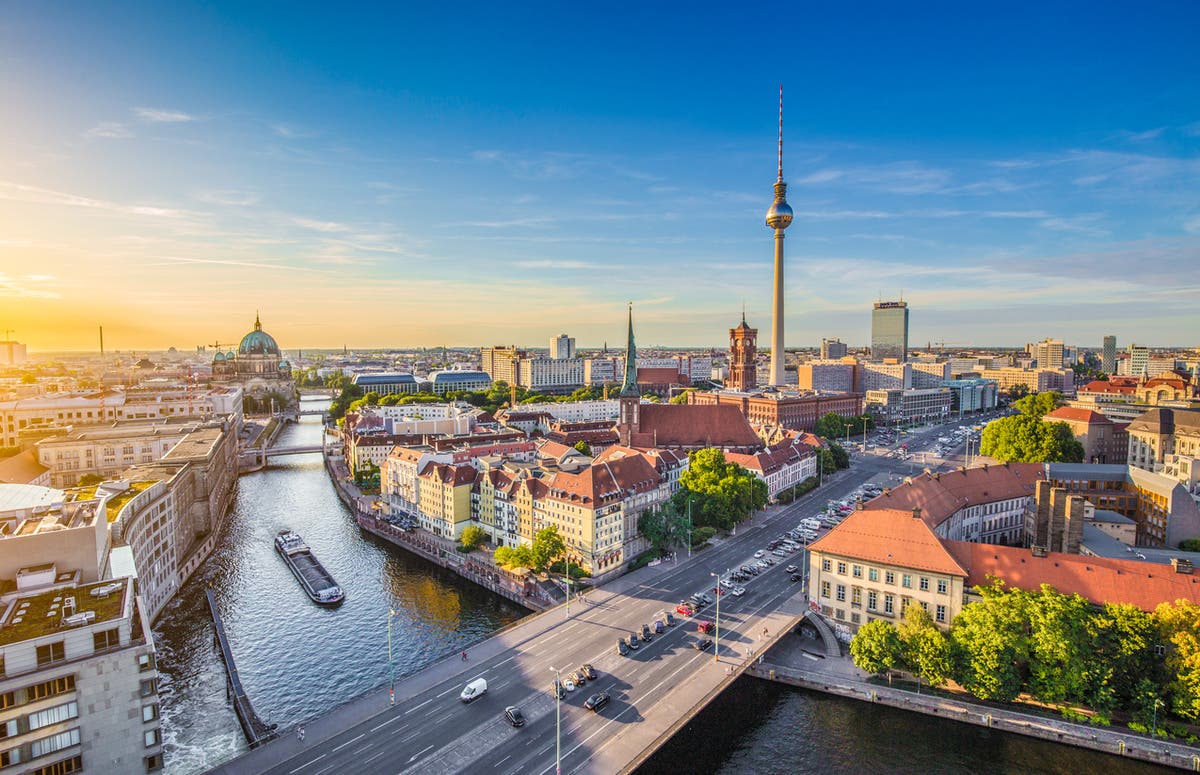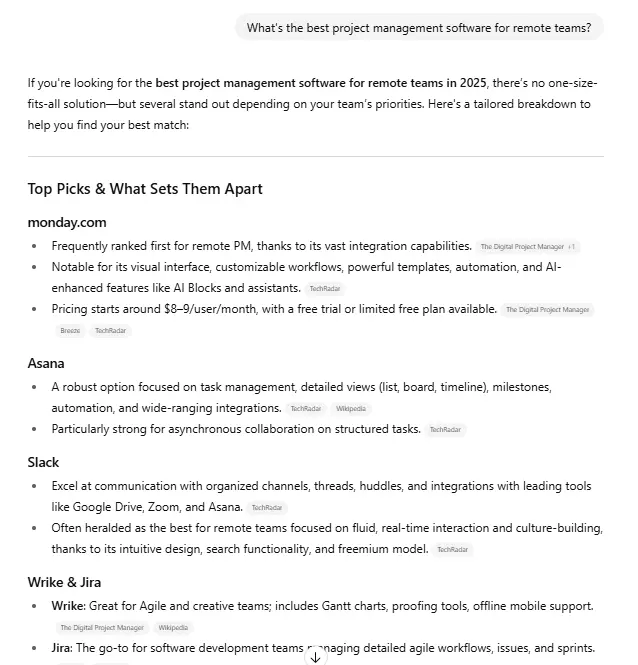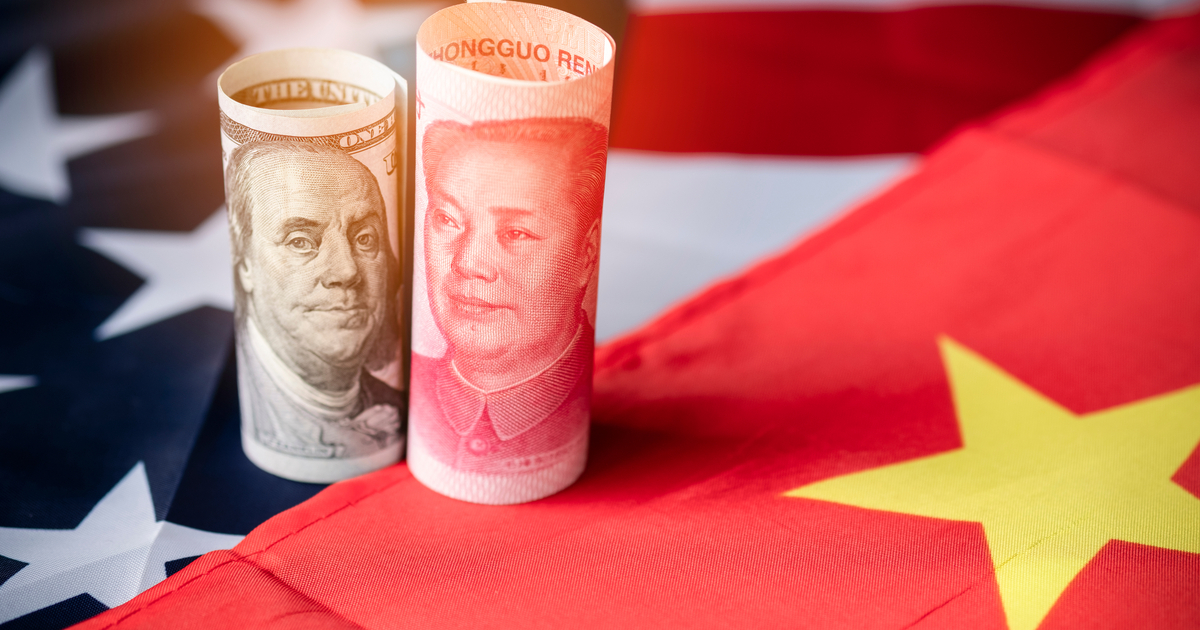Minister Edwin Tong on the metaverse landscape and how S’pore gov’t will legally regulate it
There will be a risk to online safety, consumer protection, privacy, protection of intellectual property with the legal sector in the metaverse.

Minister for Culture, Community and Youth, and Second Minister for Law, Mr Edwin Tong gave the opening address to participants from over 100 countries at TechLaw Fest 2022: Up Your Game yesterday (June 20).
The conference focused on the metaverse and its immense possibilities in the legal sector, as well as the relevant issues that could arise within the context of said technological advances.
 Experiential Exhibition at TechLaw.Fest 2022 / Image Credit: TechLaw.Fest
Experiential Exhibition at TechLaw.Fest 2022 / Image Credit: TechLaw.FestA growing technology that spans sectors
First coined in 1992, the term metaverse — ’meta’ meaning beyond, and ‘universe’ referring to the concept of a highly virtual and interactive space where people gather to socialise, play, and work — presents an exciting new frontier for technology.
Now, it’s defined as a virtual world and envisioned people using digital avatars of themselves to explore the online world.
A Bloomberg Intelligence report has estimated that the market opportunity in the space is worth about US$800 billion, and not surprisingly, many have integrated the concept of the metaverse into their businesses and even daily lives.
Tech giants have made enormous investments in the metaverse. Facebook has changed its corporate name to Meta to better reflect the direction they are taking and the industry they want to be in.
Microsoft recently acquired Activision Blizzard, one of the world’s largest interactive video game company for almost US$70 billion, allowing the company to develop Microsoft-backed games and software within the metaverse.
– Edwin Tong, Minister for Culture, Community and Youth and Second Minister for LawThe metaverse has also become a second home for other companies such as Apple, Google, Nvidia, Unity Software, Shopify, Roblox, and Qualcomm.
Additionally, it has also integrated non-tech companies into the mix, including Louis Vuitton, Nike, Coca-Cola, and McDonalds. In the same vein, governments like South Korea, China and Europe are also exploring the provision of services within the metaverse.
What about legal services in the metaverse?
As highlighted by Minister Tong, the pandemic has brought about a new online norm as virtual meetings remain widely used, despite life in most parts of the world returning to normal.
“Even dispute resolution — once seen to be a physical, high-touch process — can also be held almost entirely online. Cross-examination is a particular skill that used to be very much in-person,” he says.
Since the pandemic, dispute resolution institutions Singapore International Arbitration Centre (SIAC) and Singapore International Mediation Centre (SIMC) have been conducting arbitration hearings and mediation sessions remotely.
The brick-and-mortar space, Maxwell Chambers, has also quickly moved to providing online and virtual solutions.
 Screenshot of Maxwell Chambers virtual proceedings
Screenshot of Maxwell Chambers virtual proceedings The question for us is, can this be taken one step further? Beyond just having the hearing or cross-examination done virtually, with end-to-end dispute resolution services offered on a single virtual platform, or even in the metaverse?
– Edwin Tong, Minister for Culture, Community and Youth and Second Minister for LawHe also emphasised that Singapore is a key choice for international parties for a number of dispute resolution services due to its strong legal system, rule of law, first-class judiciary, accessibility, connectivity and strong legal infrastructure.
These qualities remain accessible in virtual spaces, and can be replicated in the meta world.
“I believe such an integrated platform will make the whole dispute resolution process more convenient, efficient, and it keeps pace with how the rest of the world is developing. Even if users prefer and choose to do part of it online, like hearings, there can always be a hybrid element,” he points out.
Currently, the government is actively considering legal tech to see where it pans out, what the technology can bring about, and at the same time balancing it against the integrity and sanctity of a hearing process.
Depending on the demand from the legal industry ecosystem, only then will the government consider building, investing, and providing it as a service.
Legal tech helps law firms stay competitive
Minister Tong reminds us not to look at tech as a form of removing jobs, but more so lifting the entire base of an industry to socialise and equip these firms.
On Tuesday (July 19), Minister Shanmugam launched the Legal Technology Platform for the legal industry services. This was born out of an observation that small and medium law firms needed to leverage technology to stay competitive.
If we leave tech adoption to the market alone, smaller firms who do not have the same economies of scale will not adopt tech in a big way, given the cost barriers. Legal tech is critical for us to stay competitive, not just amongst ourselves in the Singapore market, but internationally.
– Edwin Tong, Minister for Culture, Community and Youth and Second Minister for Law Minister for Culture, Community and Youth and Second Minister for Law, Mr Edwin Tong SC, in a VR headset at DXC Technology’s exhibition booth at TechLaw.Fest 2022 / Image Credit: TechLaw.Fest
Minister for Culture, Community and Youth and Second Minister for Law, Mr Edwin Tong SC, in a VR headset at DXC Technology’s exhibition booth at TechLaw.Fest 2022 / Image Credit: TechLaw.Fest According to him, there is always a need to level up. As Singapore competes for cross-border work, it needs to be able to provide the same level of technology services as international competitors.
Even now, larger firms and larger corporate banks will not consider a firm as part of a tender if it does not have technology, or Artificial Intelligence (AI) as part of its armoury of services.
“They do not want lawyers who are highly skilled and highly trained to be spending time doing administrative work. It’s increasingly important for us to level up using technology,” Minister Tong emphasises once more.
Regulating the law in a borderless virtual world
With any new venture and new technology, it brings about its own set of challenges. It is inevitable that the law will be challenged in a borderless virtual world.
Minister Tong foresees questions of jurisdiction and issues of territoriality. However, he also states that there is always a counter-effort in place or in the works to address the obstacles that might stem from integrating law into the metaverse.
”There are international efforts to try to address some of these rising issues. Two months ago, the World Economic Forum (WEF) announced an initiative on ‘Defining and Building the Metaverse’. It convened more than 60 leading technology and other sector companies, as well as experts and academics to develop the governance and policy frameworks around the metaverse,” he shares.
In June last year, a few tech giants also came together to form a metaverse standards body in order to foster the development of stronger and transparent industry standards that would make the digital worlds compatible with each other.
Closer to home, the Singapore government is continuing to study the characteristics of the metaverse, as well as any attendant and legal issues that will arise from having an adoption of the metaverse in the legal world.
Factors such as immersive, interactive, decentralised or anonymity elements have the potential to pose risks to online safety, consumer protection, privacy, and protection of intellectual property.
“Similar to the physical world, we will seek to balance between promoting economic vitality, preserving social stability, and protecting public security in the digital domain. International coordination of regulatory approaches to the metaverse and associated technologies will also be crucial, given the borderless nature of these technologies,” he concludes.
Featured Image Credit: TechLaw Fest 2022

 BigThink
BigThink 
































